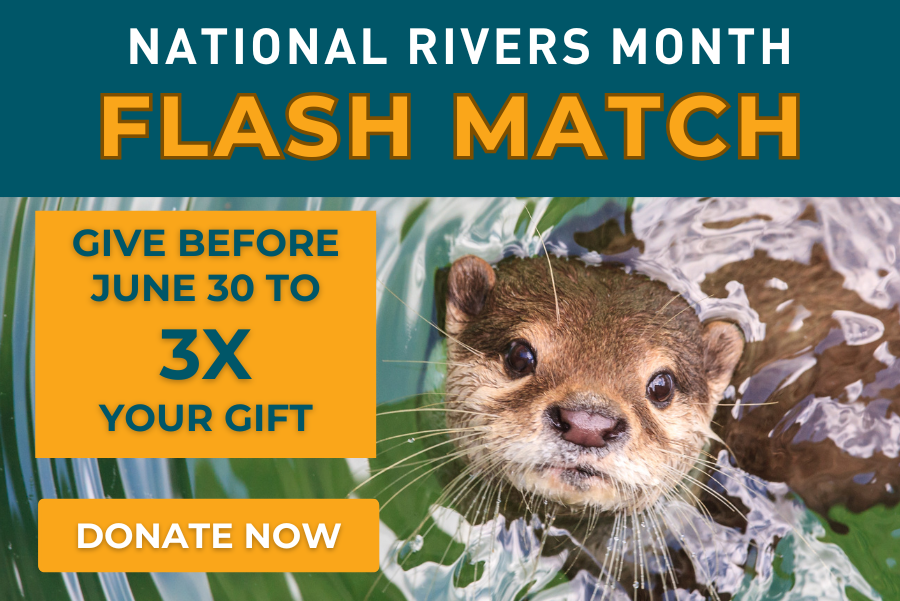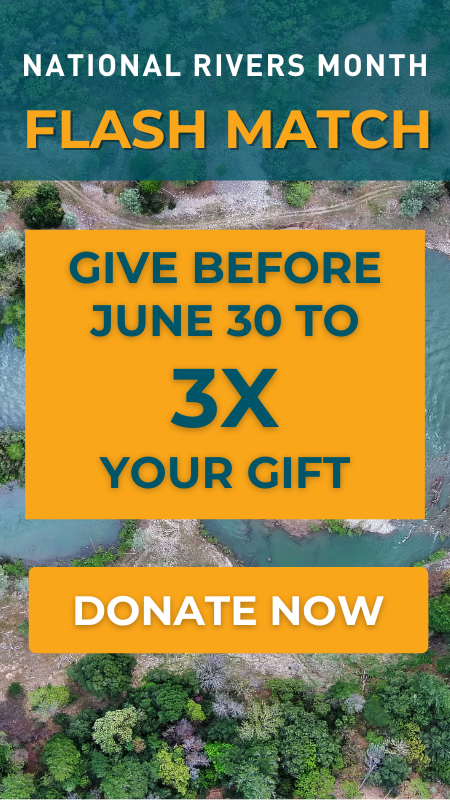EPA takes step toward protecting world’s largest salmon fishery from harmful mine
March 3, 2014
Contact:
(Washington, DC) – Statement of Bob Irvin, President of American Rivers
The Environmental Protection Agency today announced a process that could lead to prohibiting industrial mining in Bristol Bay, Alaska. The agency is invoking its Clean Water Act authority to assess whether to prohibit or restrict waste disposal from the proposed Pebble Mine into Alaska’s pristine Bristol Bay watershed, one of the most productive on earth.
The rivers of Bristol Bay support the world’s largest salmon fishery, worth more than $300 million annually. Pebble would be North America’s largest open pit mine, threatening not only clean water and salmon, but the way of life of native tribes and the economy of local communities.
American Rivers listed the rivers of Bristol Bay among America’s Most Endangered Rivers for six years (1990-1993, 2006, and 2011), highlighting the threat of mining and the national importance of the rivers.
Bob Irvin, President of American Rivers, made the following statement:
“We applaud EPA for taking this important step toward protecting one of the world’s last great places. The risks associated with this mine are simply too great to allow it in such a pristine area. We hope EPA follows the science and ultimately decides to block the mine. We must protect Bristol Bay and its salmon and clean water for future generations.”
About American Rivers
American Rivers protects wild rivers, restores damaged rivers, and conserves clean water for people and nature. Since 1973, American Rivers has protected and restored more than 150,000 miles of rivers through advocacy efforts, on-the-ground projects, and an annual America’s Most Endangered Rivers® campaign. Headquartered in Washington, DC, American Rivers has offices across the country and more than 250,000 members, supporters, and volunteers.
Rivers connect us to each other, nature, and future generations. Find your connections at AmericanRivers.org, Facebook.com/AmericanRivers, and Twitter.com/AmericanRivers.


